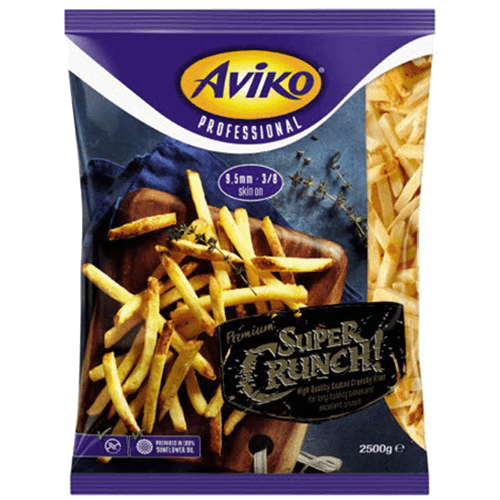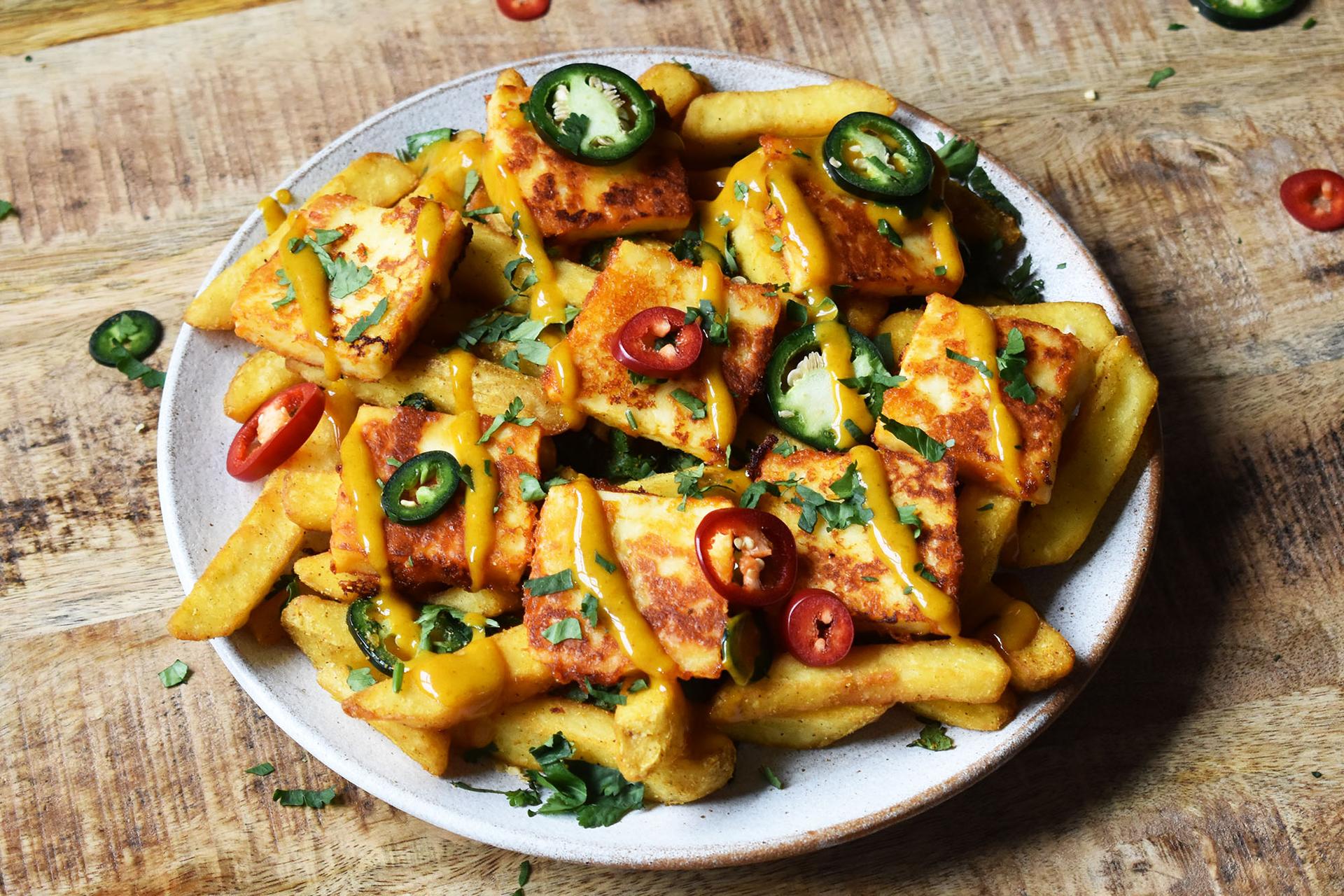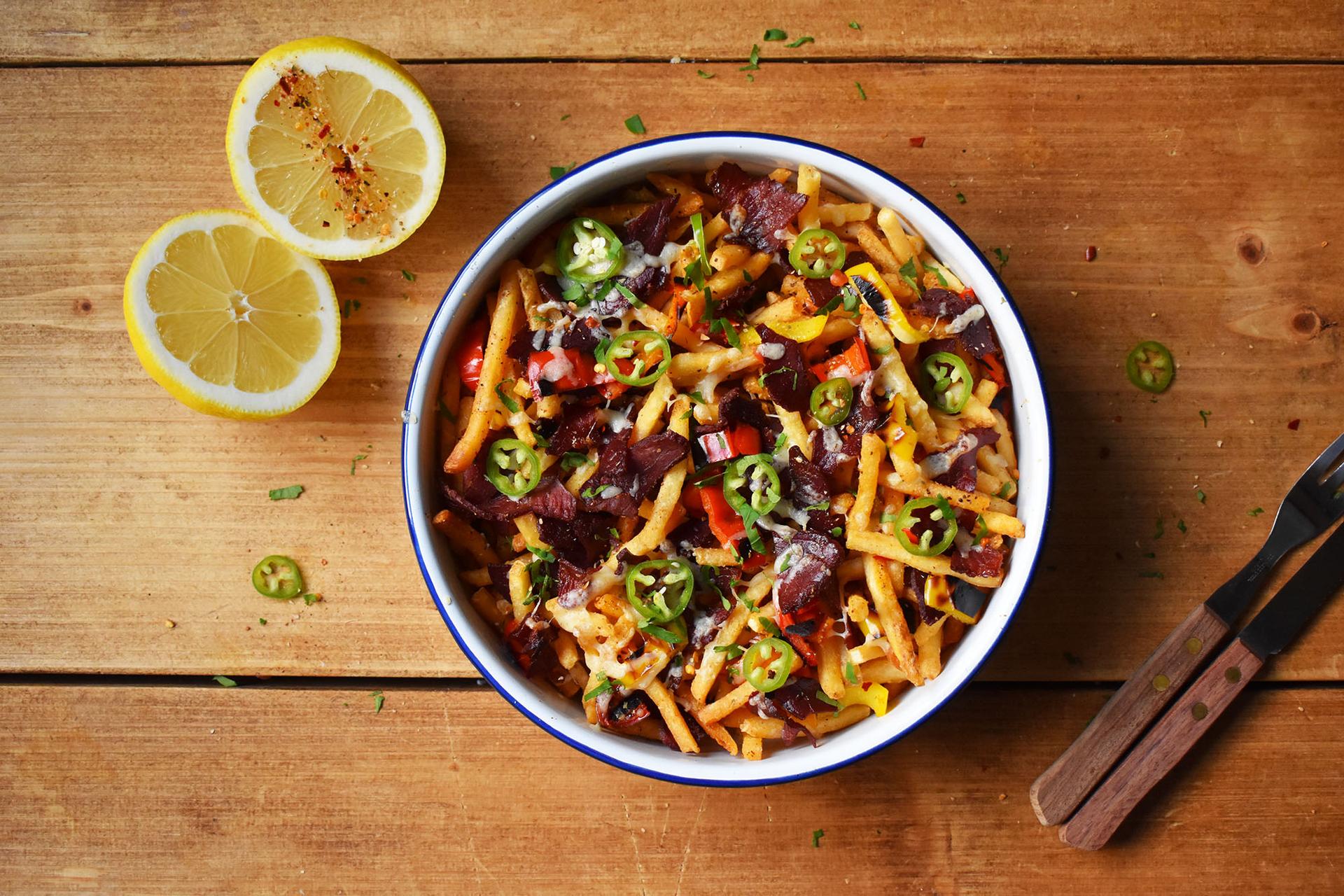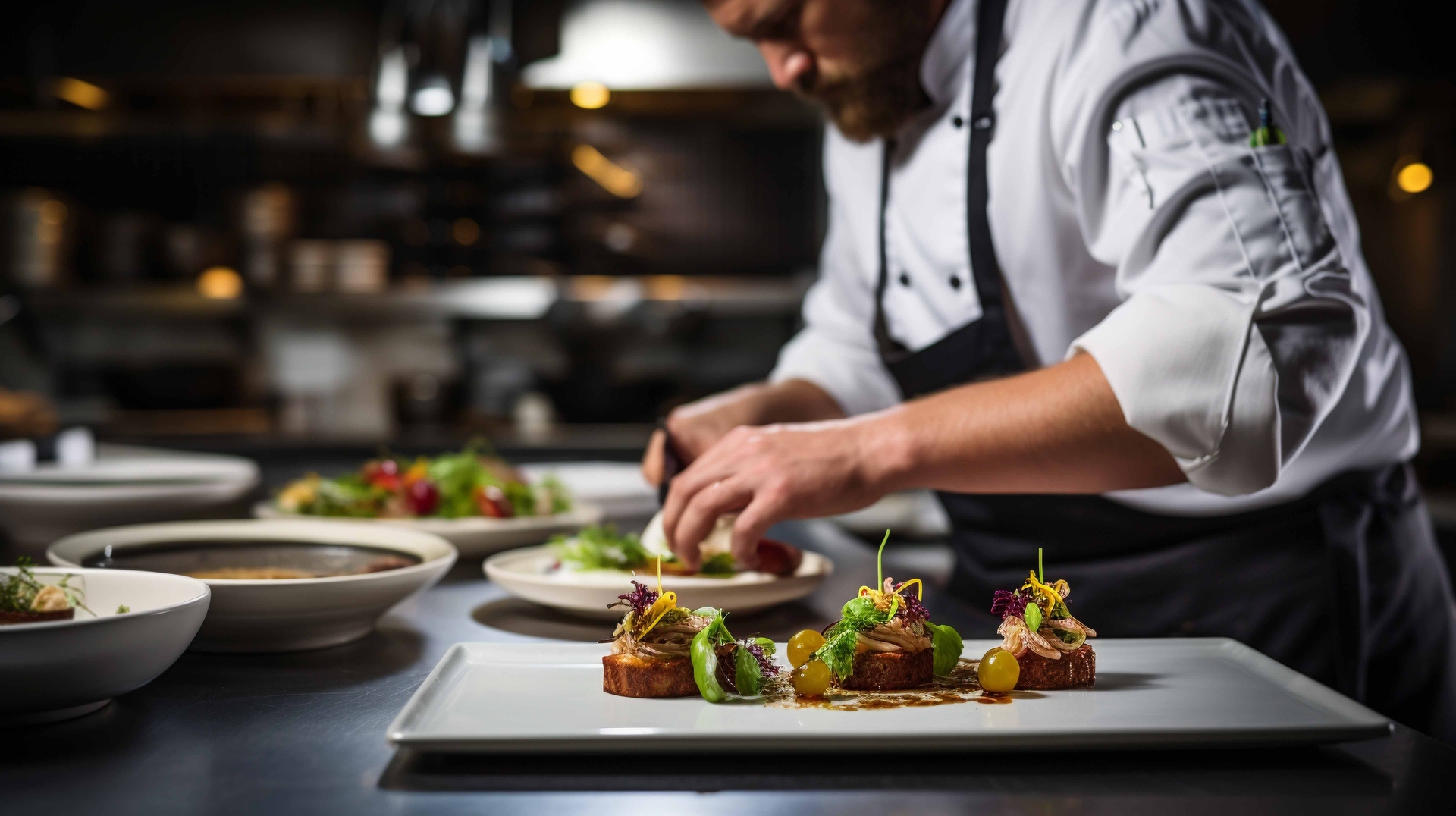
How to Become a Chef – Top 5 Tips
How to become a Chef:
So, what are the qualities of a successful chef? First and foremost, every successful chef must have a genuine love for food. Have you spent your whole life experimenting with flavour, texture, and mouthfeel? Did you grow up learning family recipes to eventually reformulate them into something truly special? Of course, every chef must also have a strong work ethic. With high-pressure situations and long hours some days, total commitment and dedication is very important part of the job. Are you ready to take on busy shifts, multitask and be a team leader? As a chef, you must, of course, be naturally creative. You will also need a keen eye for attention to detail, from perfecting your timings to beautiful, precise presentation. You must also be a strong team player, able to collaborate effectively and respectfully with the entire team, from fellow chefs to kitchen porters, waiting staff and managers. If you aspire to become a head chef, you will also need to be a good leader. Due to the fast-paced environment of the kitchen, the ability to make crucial decisions quickly is also key.
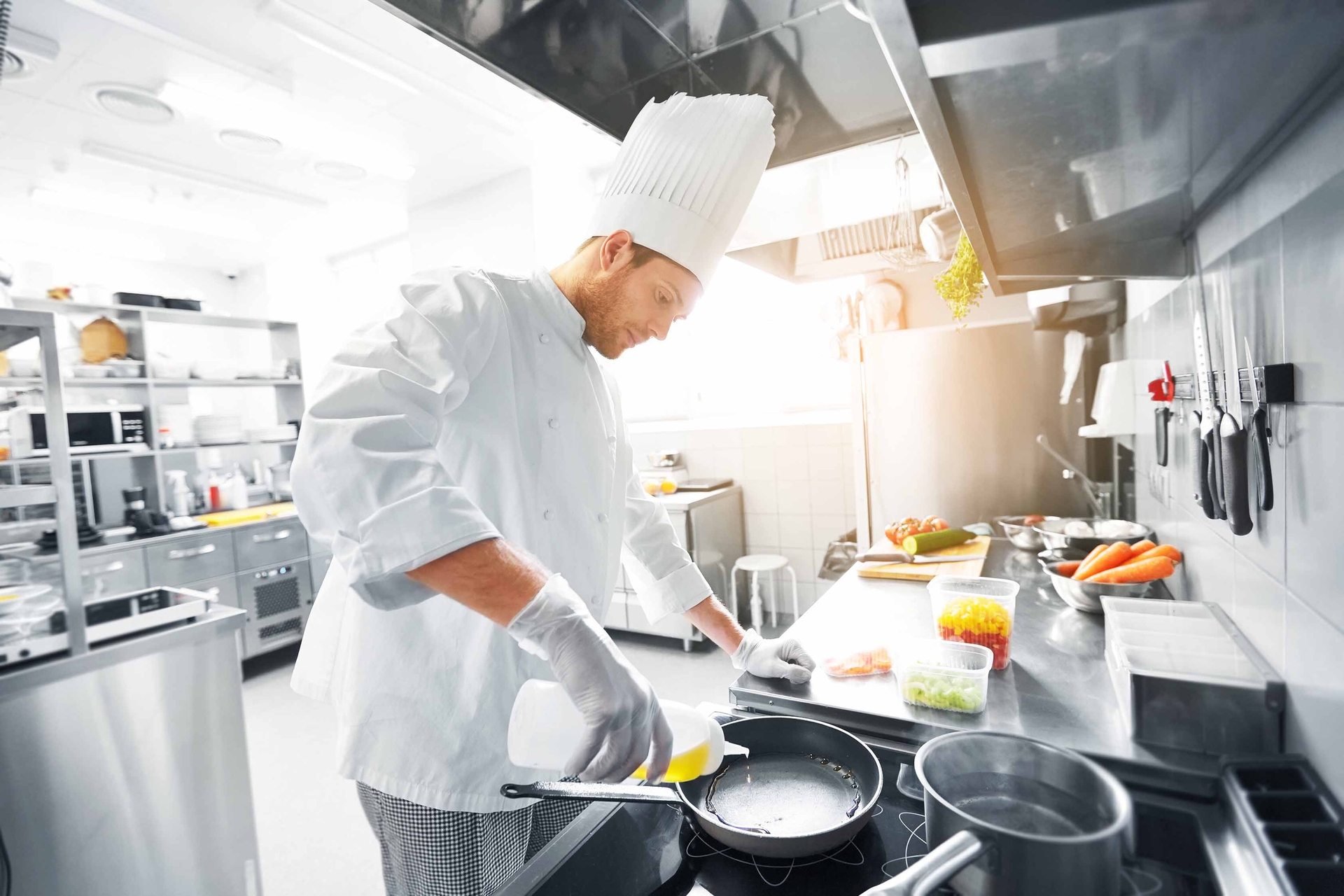
What training do I need to become a chef?
While it's not necessary to attend university or gain other formal qualifications to become a chef, undertaking one or more qualifications can still be important to help you gain essential skills and knowledge, plus demonstrate your interest in and commitment to a career as a chef. There are many colleges, schools and universities that offer comprehensive courses and training that can help you launch a successful career in food.
Several qualifications that you can consider when looking at how to become a chef include:
- Choose school courses: Studying food technology at school gives you skills and knowledge relevant to a career as a chef. There are also relevant Business Technology and Education Council (BTEC) qualifications for example, in hospitality and catering principles.
- A college course: You can undertake different levels of professional National Vocational Qualifications (NVQ) like a Diploma in Cookery. These range from a level 1 certificate in food preparation and cookery to level 2 professional cookery.
- A university course: You can study for a foundation degree in culinary arts or professional cookery. A good alternative is a Higher National Diploma (HND), which is equivalent to the first two years of a foundation degree.

What are the different types of chefs?
Working as a chef, you will often have to work your way up the ranks among a team. There are, in fact, various chef roles in the kitchens of today, so it is worth thinking about which you aspire to fulfil.
- Commis Chef: The first role you are likely to take on is that of Commis Chef. This is a junior chef in training who is still learning from their other team members. Commis Chef reports to Chef de Partie.
- Chef de Partie: A Chef de Partie is responsible for covering a specific area of the kitchen, whether it be working with fish, grills, or vegetables. In larger kitchens, this may comprise a team with junior and senior chefs.
- Sous Chef: A Sous Chef is ‘second in command’, being actively involved in the running of the kitchen, often filling in for the Head Chef.
- Head Chef: The Head Chef runs the kitchen, managing the entire kitchen team, working with suppliers and managers and, often, creating menus.
- Executive Chef: Finally, there is the Executive Chef. The Executive Chef is the kitchen's most senior position and the title holder usually oversees multiple departments and outlets. Executive Chefs are responsible for staff recruitment and development, as well as all costings and kitchen finances. They're also responsible for ongoing menu ideation, development and the culinary innovation.
How to become a chef with no experience:
Starting from the bottom of the kitchen (wash up) is a great way to get yourself into your first kitchen. It is easy to find a kitchen porters job (wash up). Contact the establishments you wish to take a commis chef’s job and ask if they have any kitchen porter jobs. You will find a job quickly as kitchen porters are in demand. Show your enthusiasm, interest in cooking and wanting to become a chef, also watch the chefs working to learn how they work. Also, do a great kitchen porters job. This could take 3 – 6 months for you to get noticed as a future commis chef.
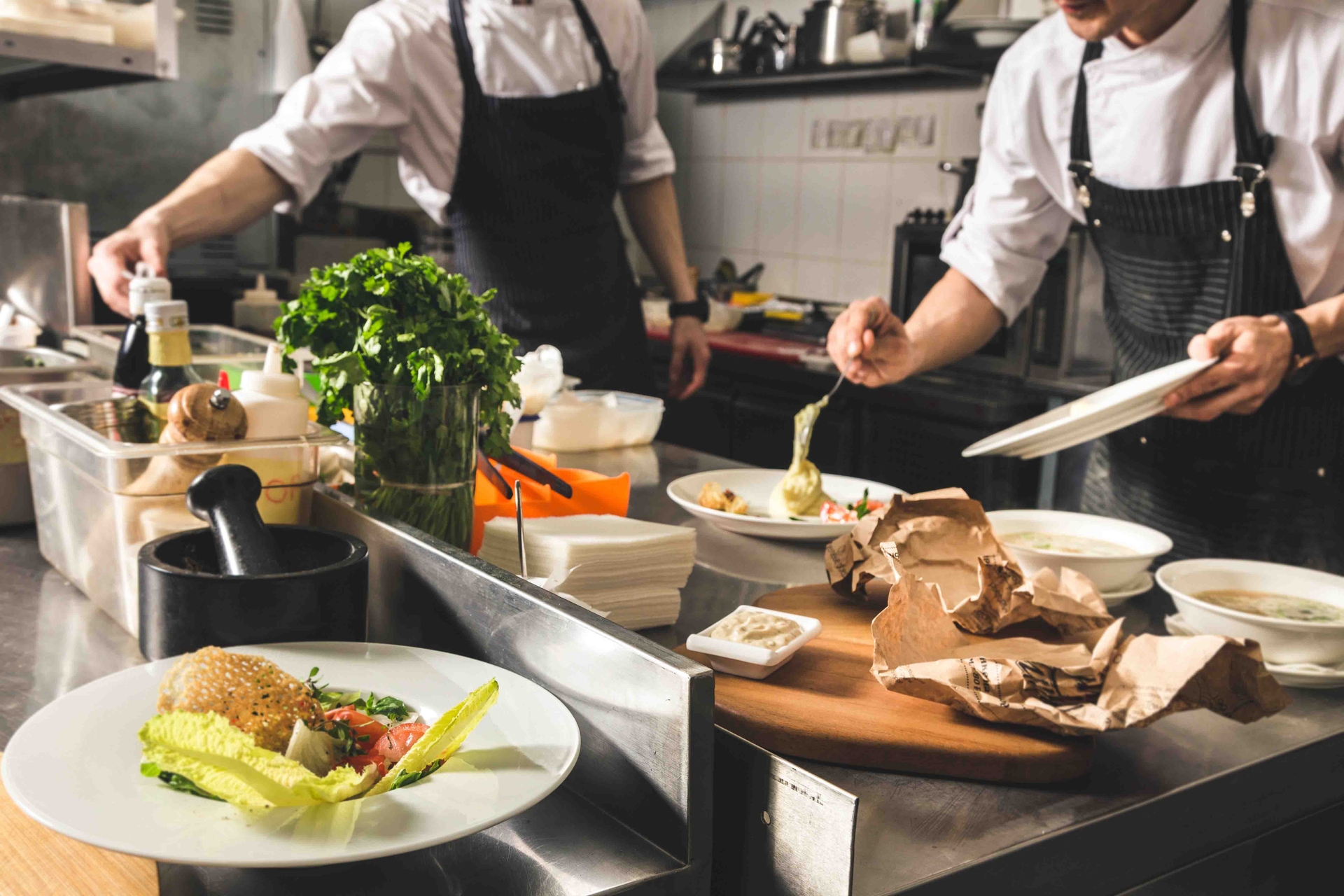
What are the typical duties of a chef?
As we have suggested, working as a chef is a varied and dynamic role with various responsibilities. Just a few of these involve:
- Preparing menus
- Taking stock
- Working with top quality ingredients
- Plate presentation.
- Experimenting and developing new ideas and introducing new dishes
- Prepping seasonal menus and dishes
- Recruiting, training and developing chefs.
- Developing new restaurant concepts
- Working close with the service team and the sommeliers on the food and wine pairing and other matters
- Participating different conferences and food-related events
Depending on your role, you may also be expected to manage a team of junior chefs, waiters, and kitchen porters. As Head Chef and official “face” of the restaurant you may also be involved in various marketing activities.
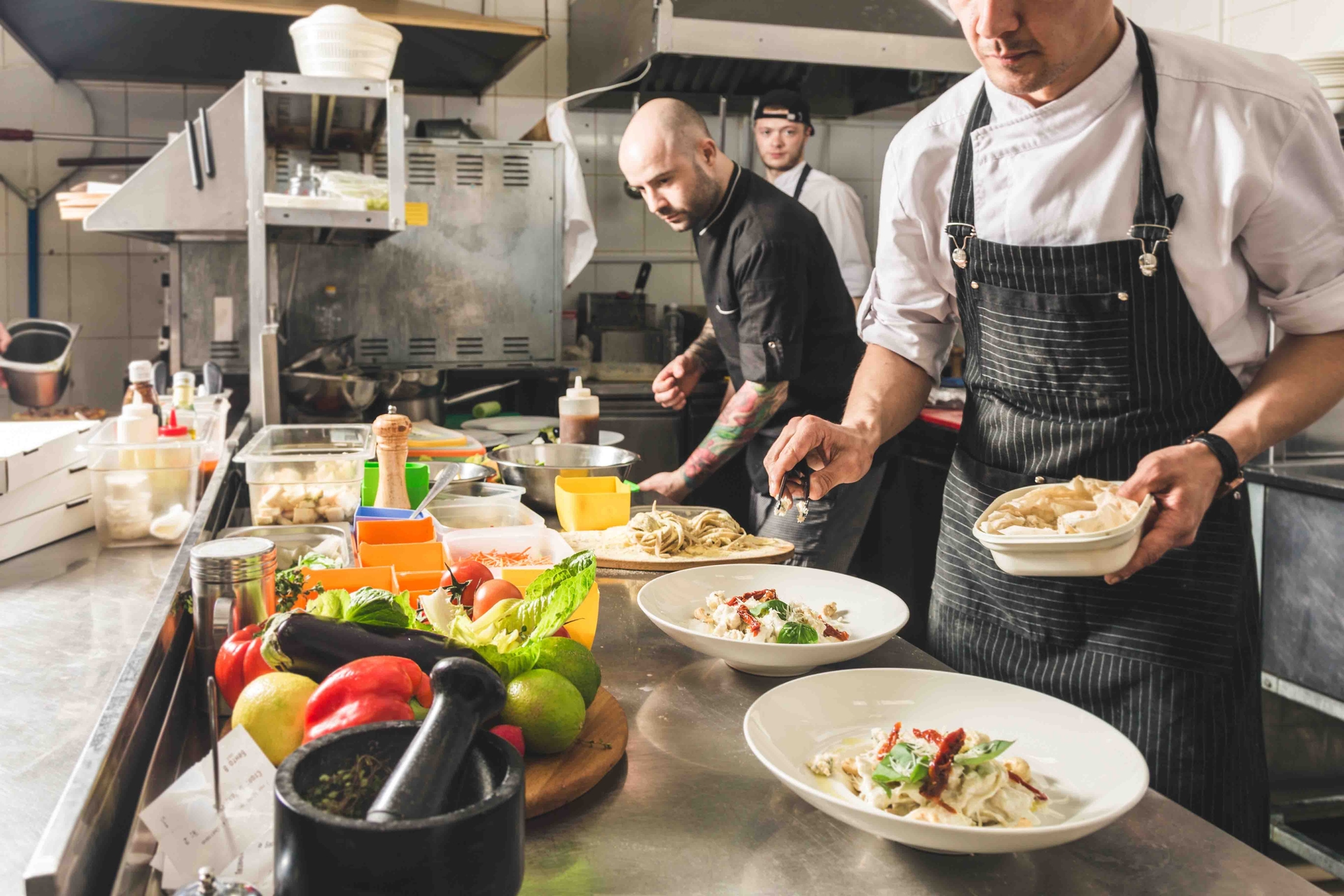
To Conclude…
In conclusion, embarking on the journey to become a chef is a thrilling and rewarding pursuit that requires dedication, passion, and continuous learning. By honing your skills, gaining practical experience, and nurturing your creativity, you can forge a successful career in the culinary arts. Remember to stay resilient in the face of challenges, seek mentorship, and never stop exploring new flavours and techniques. Whether you dream of running your own restaurant or dazzling diners in a top-notch kitchen, the path to becoming a chef is as diverse as the dishes you'll create. So, roll up your sleeves, sharpen your knives, and let your culinary aspirations take flight. The world is your kitchen – go forth and cook with confidence!
Inspire Your Kitchen

